

The world of couponing is a fascinating thing. Coupons allow consumers to get great products at lower prices, and let companies promote their products to a larger audience. In recent years, the practice of extreme couponing has come about, where people spend hours scouring newspapers, stores, and the web to get products for cheap, or sometimes even free.
The extreme couponing movement brought about a brand new topic of discussion: couponing ethics. Is it ethical to purchase all of a store’s stock of a certain product, just because you have the ability & coupons to do so? Is it frowned upon to resell your purchased items for a profit? We’ve put together a guide that breaks down couponing ethics. With some help from our network of pro coupon bloggers, we break down what’s ethical, frowned upon, and downright illegal in the couponing world.
The Basics
When it comes to couponing ethics, there is a line between what is just “frowned upon” in the couponing community, and what is actually considered illegal by the FTC. Things like clearing a store’s shelves and reselling items for profit are practices that would be considered unethical. But producing counterfeit coupons, or knowingly using expired/invalid coupons at a store, are considered “coupon fraud” and are crimes that are punishable by law.

What is coupon fraud, exactly?
It’s a few things, according to the Coupon Information Center (more on them later):
Coupon fraud occurs whenever someone intentionally uses a coupon for a product that he/she has NOT purchased or otherwise fails to satisfy the terms and conditions for redemption, when a retailer submits coupons for products they have not sold or that were not properly redeemed by a consumer in connection with a retail purchase; or when coupons are altered/counterfeited.
Types of coupon fraud:
Copying coupons
This applies to any form of copied coupon, whether it is a manufacturer’s coupon from your Red Plum insert or a duplicated printable from online. Regarding printables, each one prints with a unique, trackable code. So if you copy and distribute this coupon, it is traceable back to you.
Knowingly using expired coupons
This is up to the person using the coupon, not the store that’s scanning it. While it may scan and give you the discount, it’s still illegal to do this knowingly. Some equate this with shoplifting, since the store won't get reimbursed for the amount of the coupon.
Using a coupon in a way that’s not compliant with the listed terms
As with expiration dates, it’s up to you to know what exact product your coupon is for. The size, quantity, and other specifics are always noted on the coupon, so be sure you check all the details before you purchase. As mentioned before, these cases are not only unethical, but punishable by law.
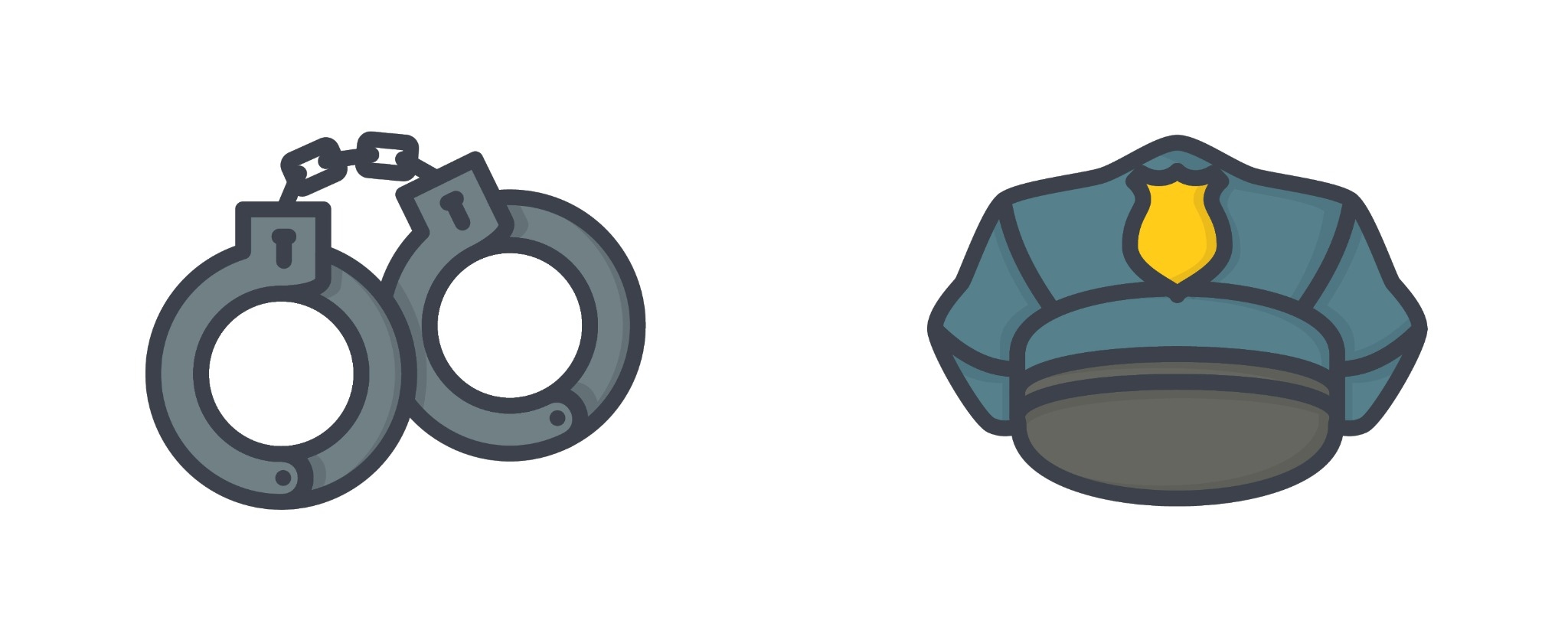
Who’s in charge here?
Aside from federal and state law enforcement, the CIC is the foremost policer of couponing practices. Think of the CIC as a non-profit FBI for the coupon world. They’re always on the hunt for false/counterfeit coupons, and have a thorough, up-to-date list of all reported cases of coupon fraud. You can contact them to report fake coupons, or alert the agency to any scams you might come across. As the group is made up of consumer product manufacturers, you should head here for the official word on coupon fraud.
Couponing Ethics
The following practices, unlike the previous ones, aren’t illegal per se; however, they are frowned upon by the couponing community. As with all ethical dilemmas, there are differing opinions on each topic. We tried to go with the most popular viewpoint for each case.
Shelf-clearing
As the name suggests, this unethical practice is when a couponer purchases all in-stock items at one time, leaving the shelf empty. While there are coupon combinations that can often allow you to in fact purchase the store’s full stock of a product, the ethical thing to do would to only buy the amount that your family would use, or that would not go to waste.
Tiffany from MyLitter.com says this about shelf-clearing:
While I may talk about buying 20 packages of oatmeal during a sale, I don’t buy them all at once. I make sure my store has plenty in stock for other shoppers by making multiple trips or special ordering through the store manager. Being fair to the stores and other shoppers means that other shoppers won’t get mad at the store. This helps both the store and the other shoppers and is just good practice.
Peelies & Tear Pads
Peelie ethics
Occasionally, certain products will offer an in-store deal with a coupon stuck to the actual product on the shelf. These are affectionately known in the coupon world as “peelies.” Naturally, it would be easy for anyone to snatch up all these coupons and save them all to use themselves, or re-sell them to others for a profit. This, obviously, is unethical. As with many couponing community standards, the more people who can benefit from the coupon, the better. (my momma taught me)
Tear Pads
While these coupons are similar to peelies since they are found in-store, the ethics surrounding these are a bit different. Tear pads are normally pads of coupons for a specific product, usually placed near the product they’re for in the store. Since these aren’t store-specific, it is considered okay to take one of these and use it at a later date, at a different store.
Free item coupons
A popular type of coupon is a "free item" coupon. This type of coupon requires the cashier to fill out the price of the free item, since prices change with every store. It's best to warn the cashier of these before you start cashing out, according to Rena Gardana of An Ordinary Housewife:
If you happen to have a "free item" coupon, where the cashier has to fill out the price, make sure you let her know about the coupon when he/she is scanning the item. That way they won't have to go searching for it at the end when you hand them your coupons.
Re-selling your purchases/stockpile
This is a slight gray area when it comes to couponing ethics. A few people have a Robin Hood view on the practice, with a “take from the rich and give to the needy” attitude. But the majority of couponers frown upon this. A couponer's stockpile can get very big - sometimes filling a whole basement or garage! If it ever gets too big, a good thing to do with these products is to donate them. Local shelters, Salvation Army, and plenty of other programs will gladly accept your donations of unused products.
Selling coupons/inserts

This is by far the grayest area of couponing ethics. There are many people who amass a number of the same coupons or newspaper inserts, and then sell these for a profit. There are whole websites and even Instagram pages dedicated to this practice, making a lot of people wonder if this practice is okay. Some people even have early access to coupons and inserts earlier than others, depending on when their paper is delivered, allowing them to sell these before others can get them.
One standout voice in the couponing ethics world is Jill Cataldo. Here’s what she has to say about how reselling coupons could hurt businesses and in turn, couponers themselves:
Keep in mind that a coupon is a contract: A brand will reimburse the store when a shopper purchases a specific product with the coupon. When shoppers buy massive quantities of coupons from a reseller, one single person may be using 100 or more of the same coupon. This pushes redemption rates much higher than normal, which you might think is a good thing – more coupons used! However, brands intend for their coupons to reach many people, not for large numbers of coupons to be used by the same person. When coupon campaigns over-redeem, far more coupons are redeemed than were budgeted for by the company. This hurts all of us in the long run, as the brands often compensate by reducing the value of future coupon offers or they explore alternate ways to distribute coupons.
Unwanted coupons
When you've decided not to use a coupon, or you come across a coupon that's expired, there are a few paths you can take. Here are some best practices by some of Dealspotr's influencers:
Pam Schmitt, of Pammy Blogs Beauty:
If I am at a store and decide not to use a coupon, I either hand it to someone in the aisle, or set the coupon on top of the item it is for.
Ellen LaFleche-Christian, of Confessions of an Overworked Mom:
Also, don't leave your expired coupons in the store or in your cart. The workers have to clean all that up.
Couponing ethics in your store
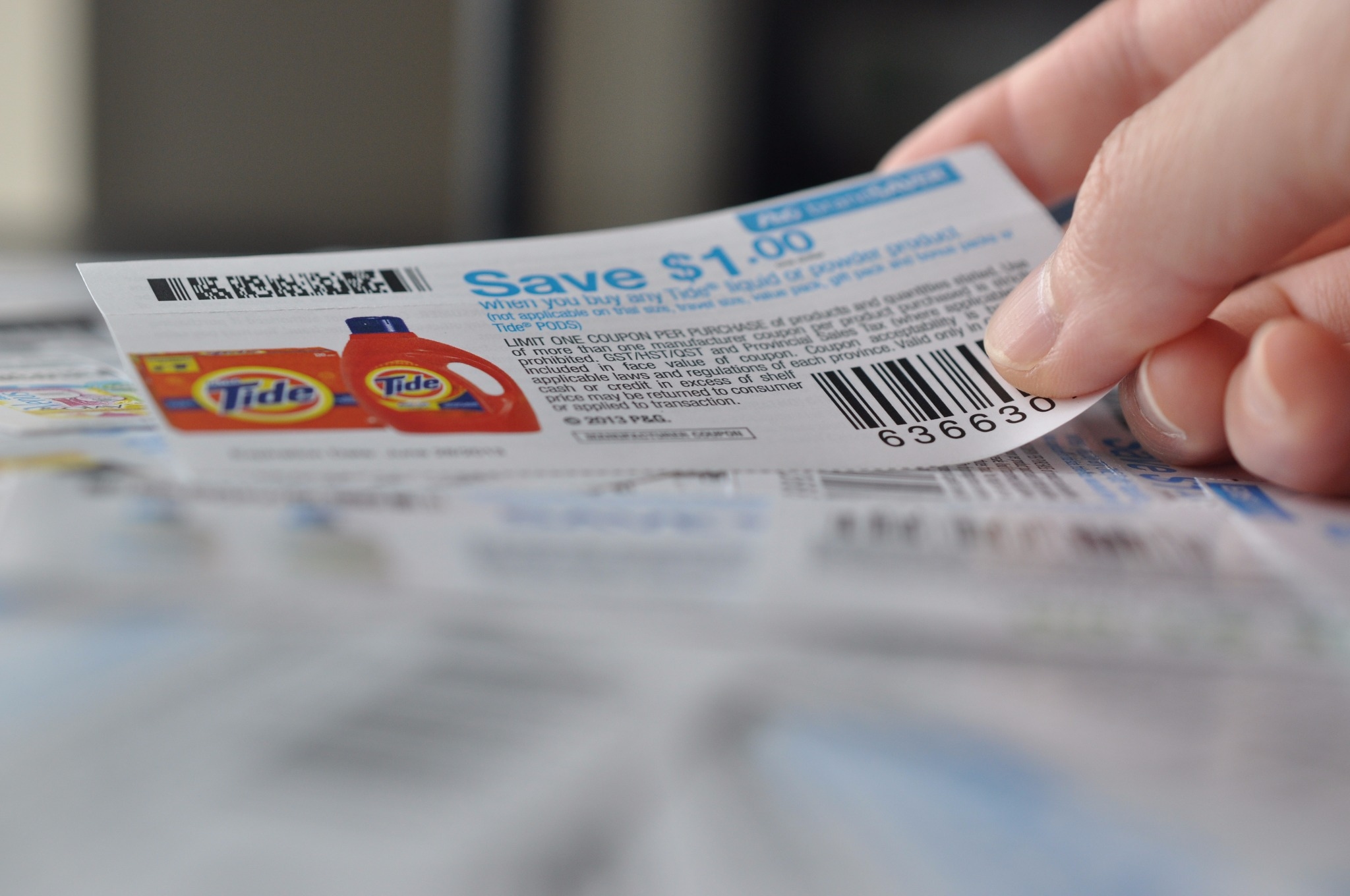
Aside from the ethical rules of the couponing community, there are also a set of rules for using coupons in each major store - especially grocery stores. We’ve put together this list of 7 popular stores & their couponing policies:
Tabitha of Saving Toward A Better Life advises that "it helps to print out a copy of the store's coupon policy and keep it with your coupons."
A cashier’s perspective
While couponing is a process and sometimes requires multiple transactions, it’s easy to forget about the person on the other side of the register. Remember to be kind to cashiers, and don’t hassle them if they tell you they can’t accept a coupon. They are just following their employer’s policies. If you are sure that a coupon is valid, but is not being accepted, the ethical thing to do is to ask a manager for help.

Ashley Drewes, of Closet of Free Samples, has this tip for a smooth checkout:
It's not always unavoidable, but when you've got a pile of coupons checking out, it can hold up the line. If possible, use a self checkout or let people who have maybe 1-3 items go ahead of you as a courtesy as to not hold them up when you have a basket full of items and a handful of coupons. Like I said, if you can, avoid holding up the line.
Conclusion
As mentioned before, there is a difference between illegal coupon fraud and unethical couponing - and when it comes to the latter, there are certainly gray areas. If you take anything away from this guide, it should be to remember to stay aware of the coupons you’re using. You're probably already practicing ethical couponing right now! As long as you feel morally right about what you're doing (and are following the store's coupon policies), the couponing world will stay a fun, rewarding place for everyone involved.



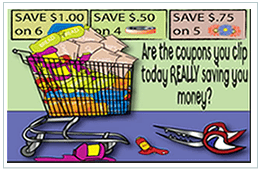 Here you will find all the best coupon advice, tips and how to make the most of all your coupons!
Here you will find all the best coupon advice, tips and how to make the most of all your coupons! Are you looking for ways to stretch your dollar?
Are you looking for ways to stretch your dollar? 

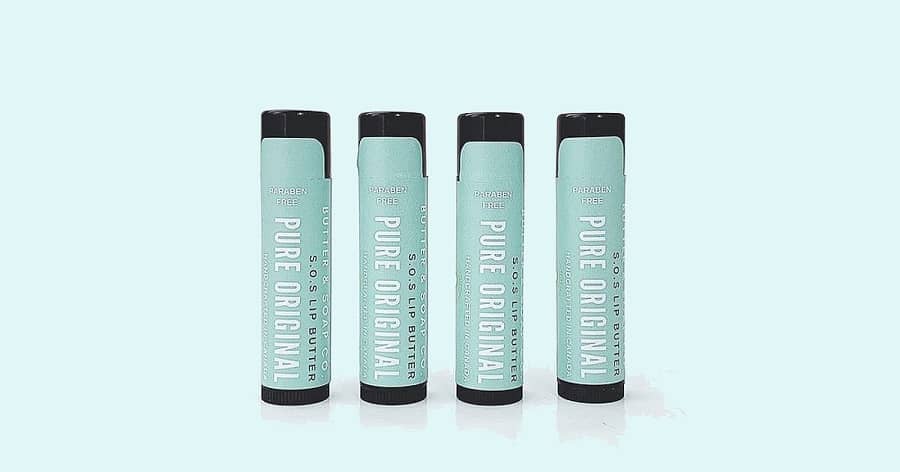

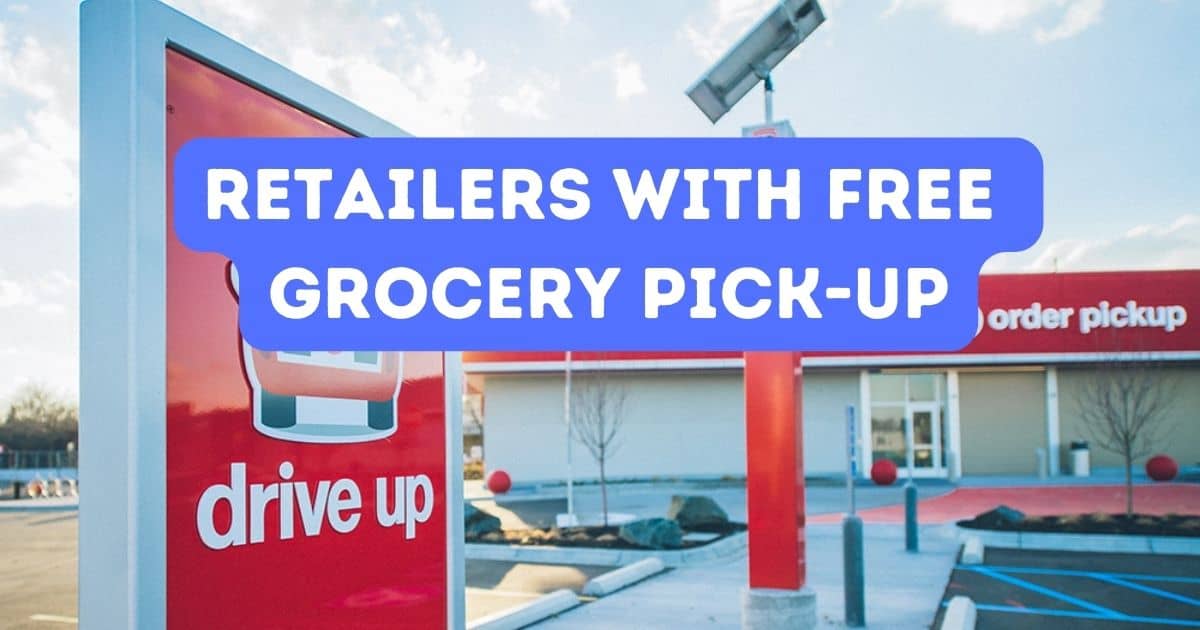



















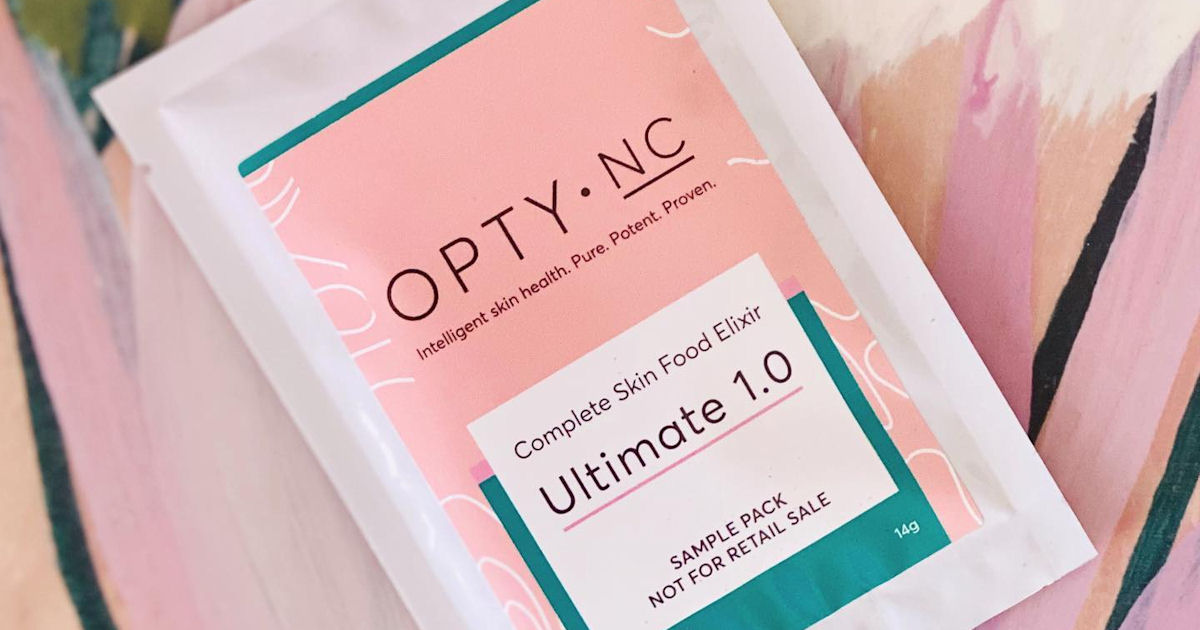




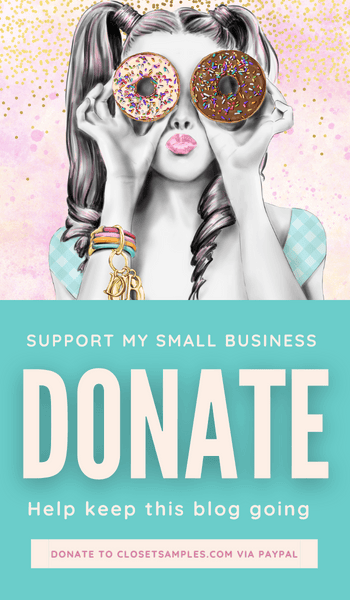





























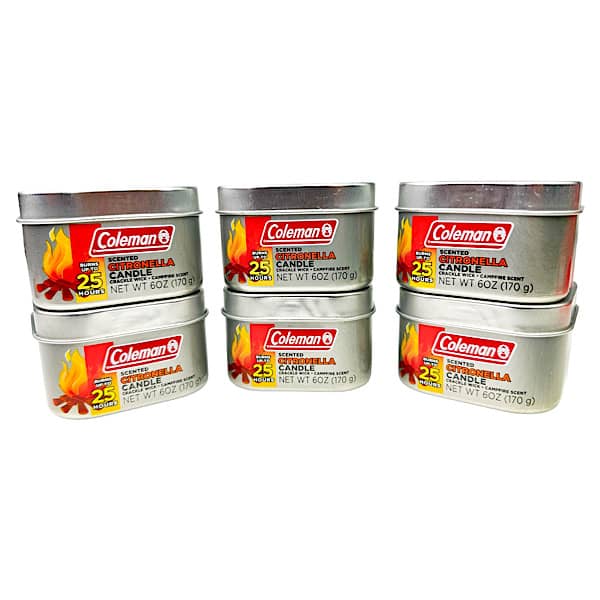
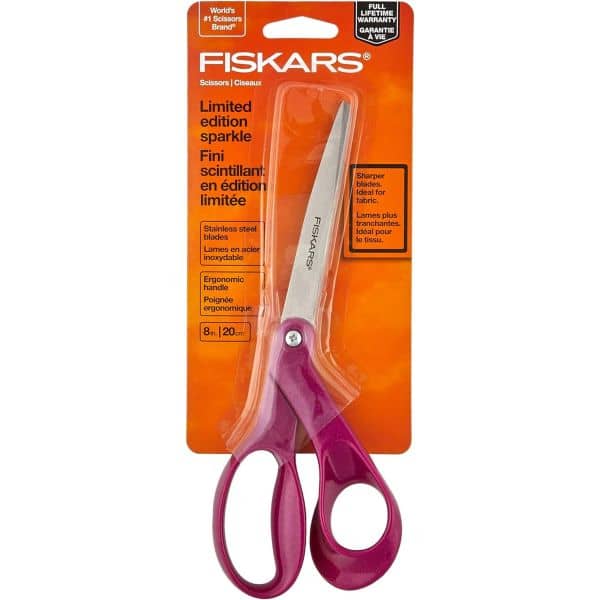
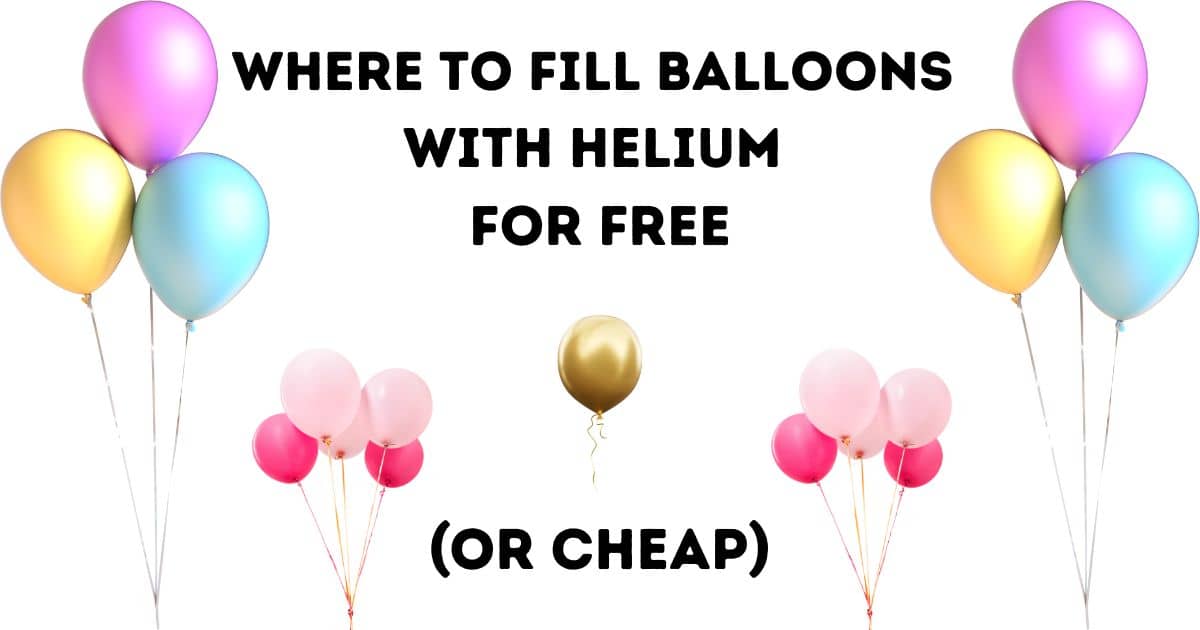
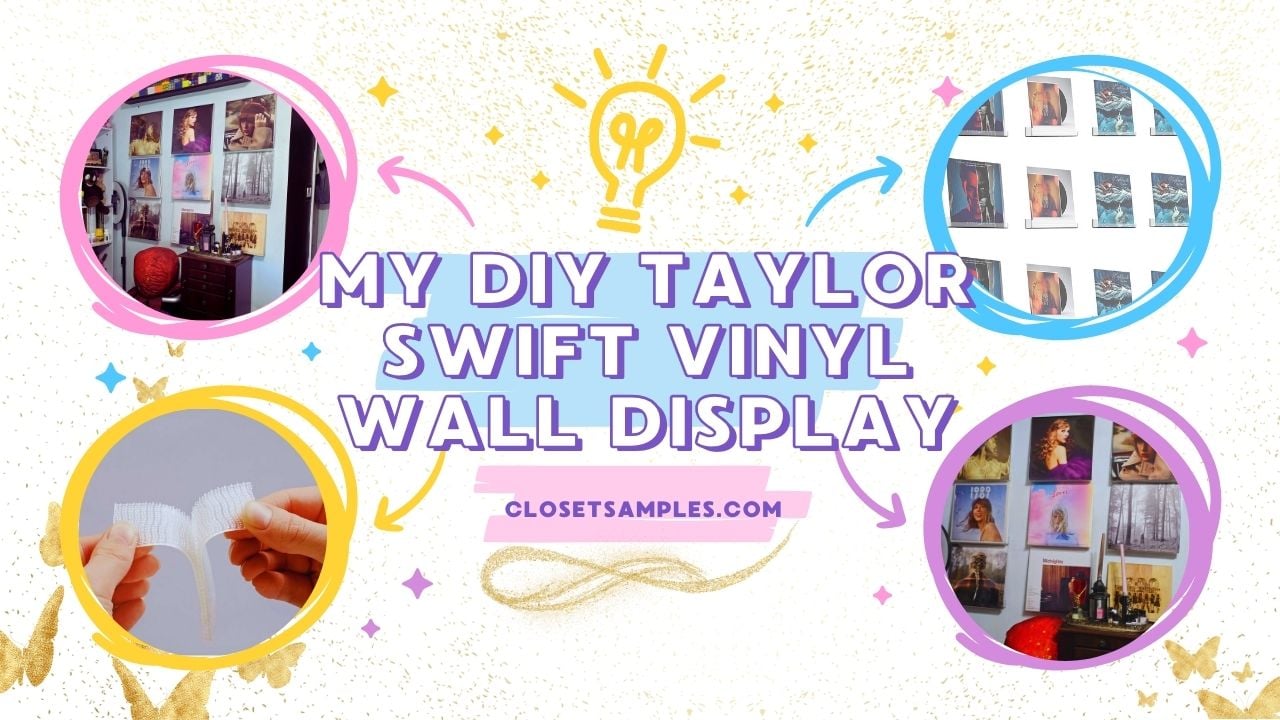
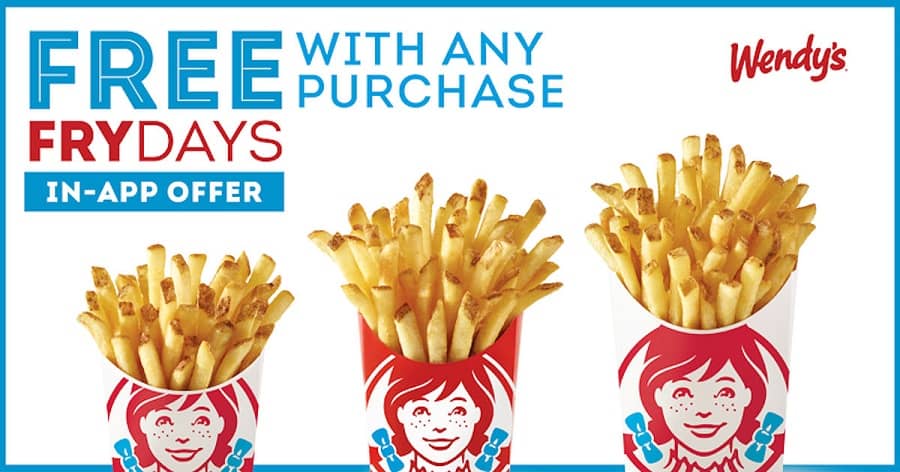






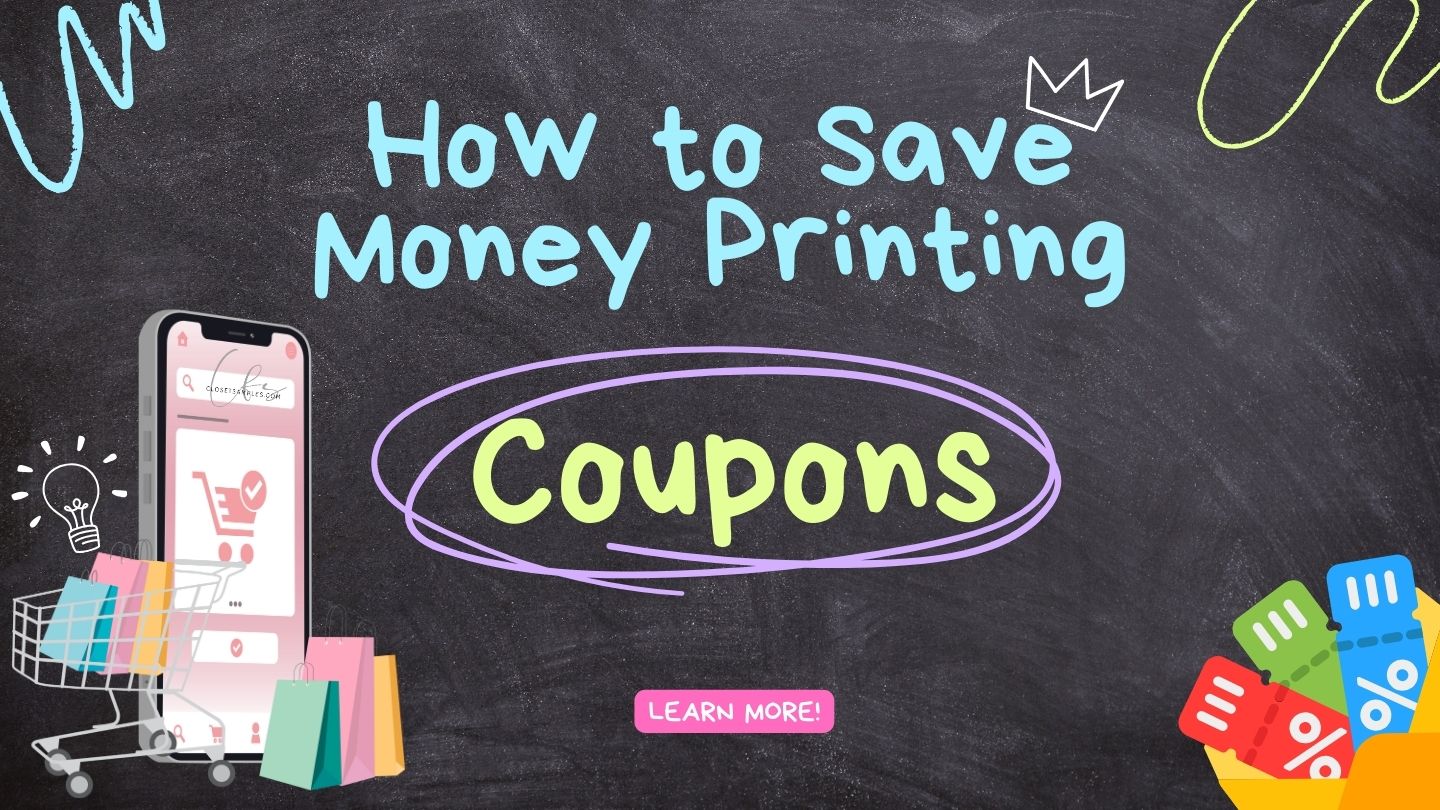








Comments
thiѕ article.